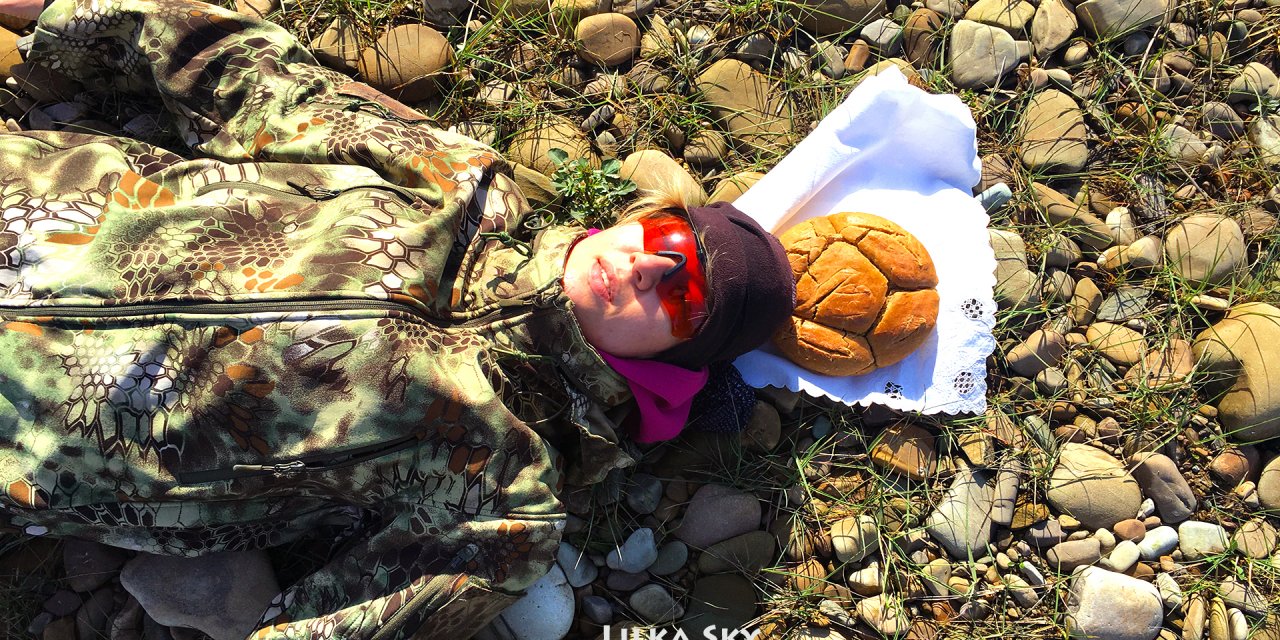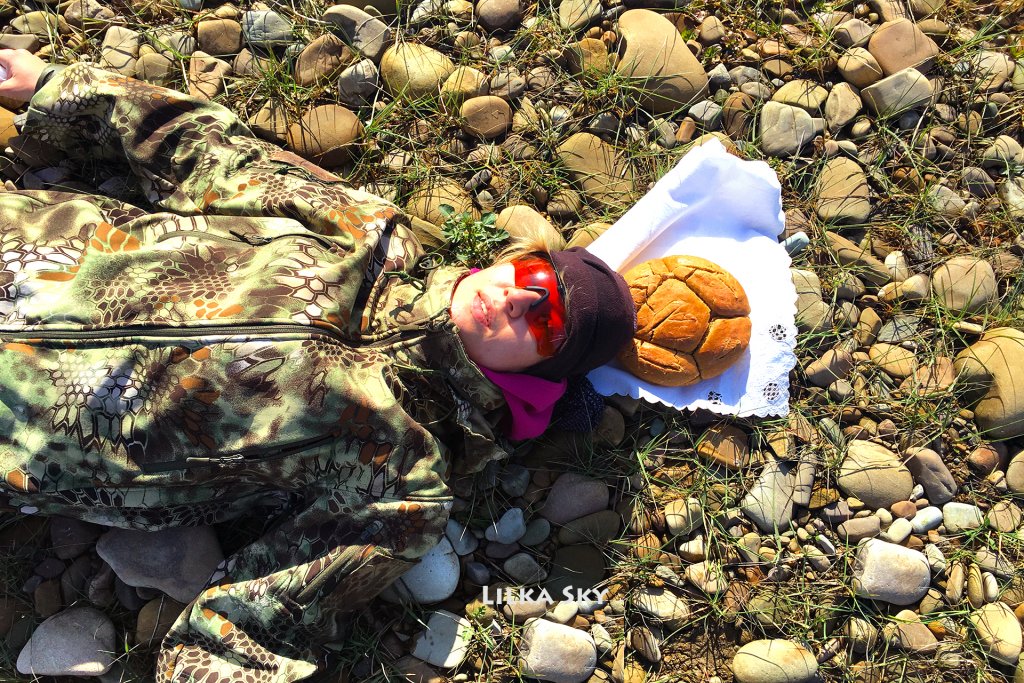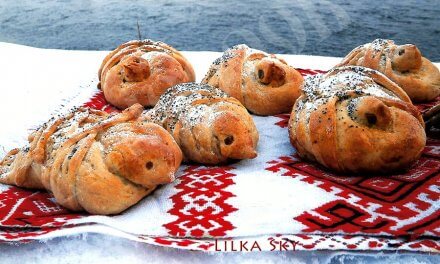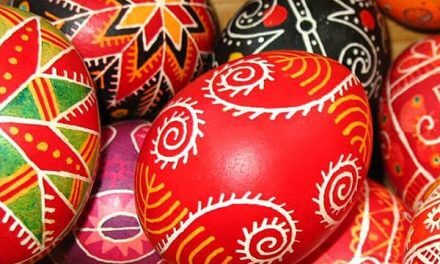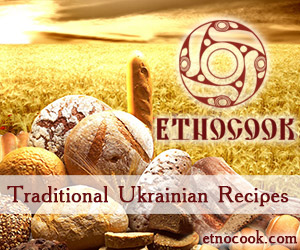As you know, Lilka Sky motto is TRADITION NUTRITION CUISINE, let’s talk about the first word in it.
It’s a very well known fact, that Ukrainian traditions are so ancient and have deep roots. Actually, they were formed from prehistorical ages.[1]
It’s hard to believe, but on the territory where I write this post for Lilka Sky, was established Trypillia culture (c. 5500 to 2750 BCE). It was spread from the Carpathian Mountains to the Dnister and Dnipro regions, the most part of Eastern Europe. Trypillia was a fully established civilised society with the basic economic conditions of the culture, the development of trade, interaction with other cultures and the apparent use of an early form of money.[2] Just think about it!
The ethnic traditional culture continued to develop on rich lands here in the IX-XIII centuries when it was a powerful state Kyiv Rus’ with the center in Kyiv, the modern capital of Ukraine. [2.1]
As you can know from my blogs, one of the main basis of Ukrainian traditions is hospitality. It was truly cultivated, a symbol of mindfulness and looked like art. Additionally, in the whole hospitality, a big place took a unique national cuisine.
For example, Ukrainian people had a special attitude to all kind of good guests. As my ancestors’ land had a very mild climate and rich lands, with widespread economical and trading connection, they could afford to meet their friends on the highest level.
One of the most important parts of the meeting ceremony is the special bread called Korovai and salt on the traditional embroidered cloth. The guest dips a loaf of bread in salt and eat it. It symbolizes the unity and trust between people.
Actually, I’ve mentioned Trypillia culture above for a reason. The thing is that people there new the importance of salt in nutrition and conservation. Also they knew how extract salt from local spring water. The salty water was gathered in a bowl, heated, evaporated and the dry crystals of salt were gathered. [3]
The climate on the territory of ancient Ukraine was neither too cold nor too hot. The grain harvest was very good, in some periods even twice a year. So, people here could afford baking leaven bread and ate it every day. Korovai was a special holiday ritual round bread usually used for weddings and bread and salt ceremonies. [4]
Unfortunately, nowadays this tradition is kept only symbolically on the official level, usually in high-level diplomatic meetings.
Find more about ethic traditions on my Lilka Sky and Etnocook websites
Your LilkaSky! @lilka.sky ^.~ ❤️
References:
1. Etnocook. Ukrainian traditional ethnic cuisine
2. Khol, Philip L. (2002). “Archeological transformations: crossing the pastoral/agricultural bridge”. Iranica Antiqua. Leiden: E.J. Brill. 37: 151–190. OCLC 60616426. Archived from the original on 17 July 2011. Retrieved 21 November 2009.
2.1. “Ukraine – History, section “Kyivan (Kievan) Rus““. Encyclopedia Britannica. 2020-03-05. Retrieved 2020-07-02.
3. Chapman, J; Gaydarska, Bisserka (2003). “The provision of salt to Tripolye mega-sites” (PDF). In Korvin-Piotrovsky, A; Kruts, V; Ryzhov, S M (eds.). Tripolye settlements-giants. The international symposium materials. Kiev: Institute of Archaeology. pp. 203–211.
4. “Korovai”. www.encyclopediaofukraine.com.
Tradition.Nutrition.Cuisine. ^.~ ❤
►LilkaSky – https://lilkasky.com/
►ETNOcook website – https://etnocook.com/
? Facebook – https://www.facebook.com/lilkasky/
? Instagram – https://www.instagram.com/lilka.sky/
✌️ Twitter – https://twitter.com/lilkasky
? Mail – lilia@etnocook.com⠀

